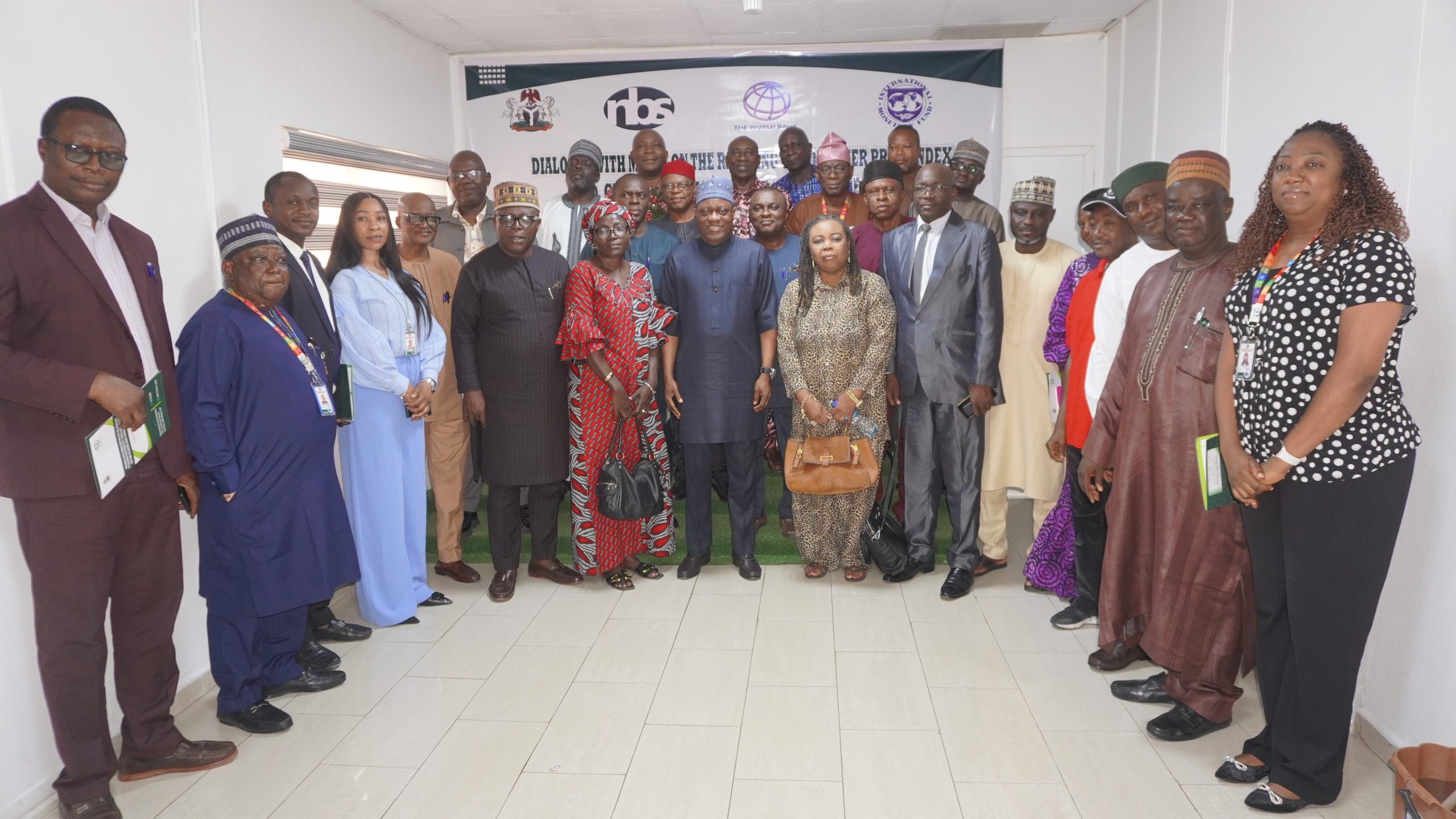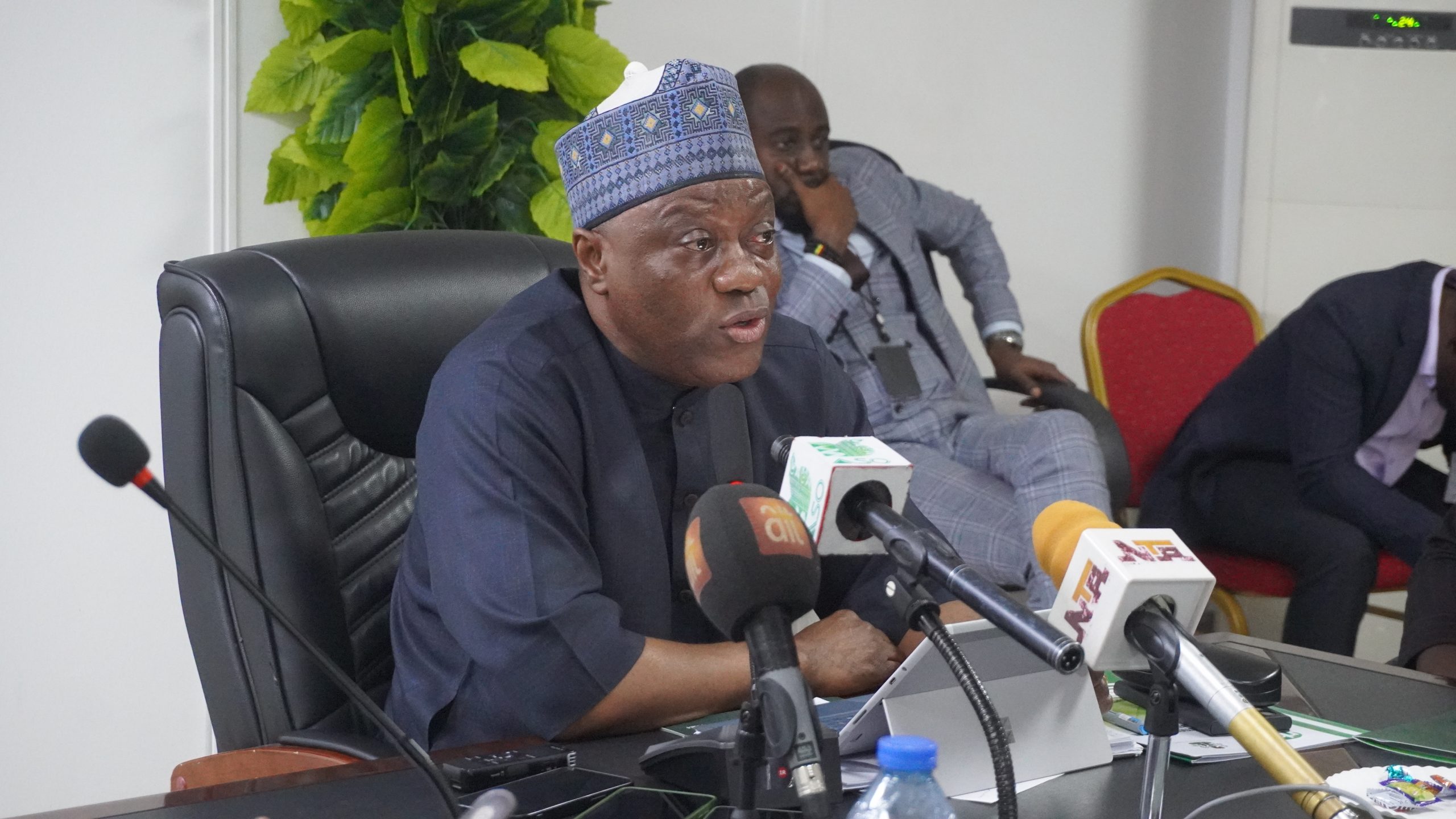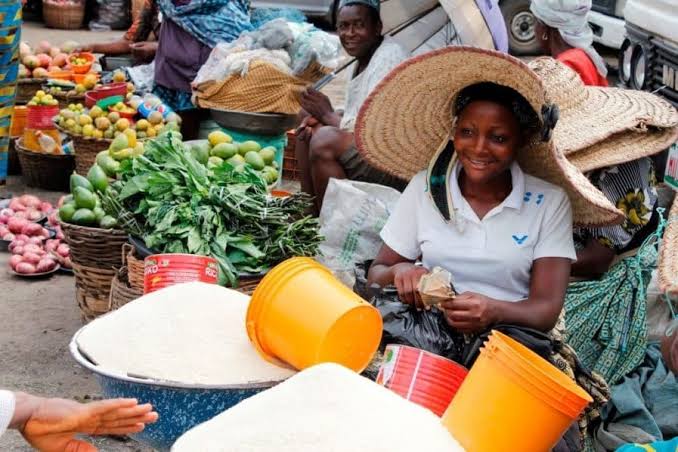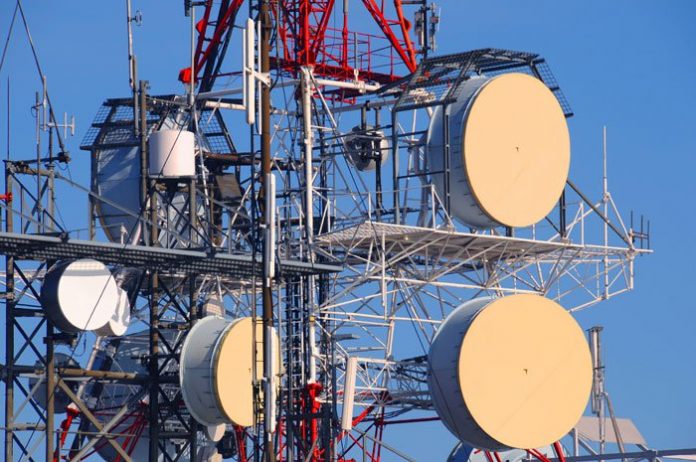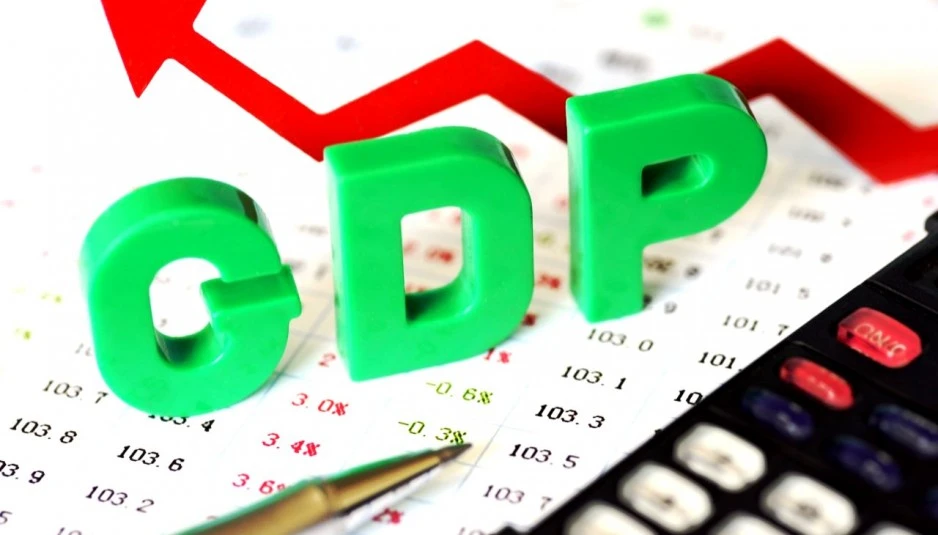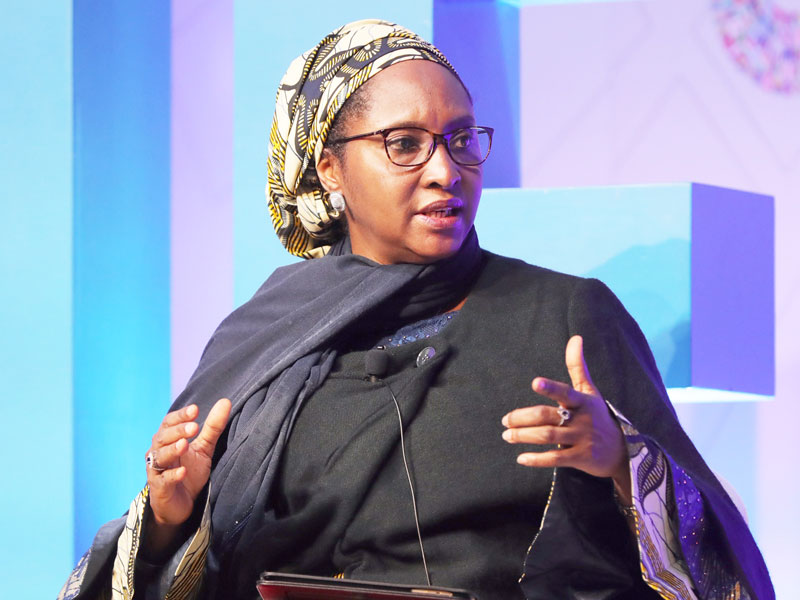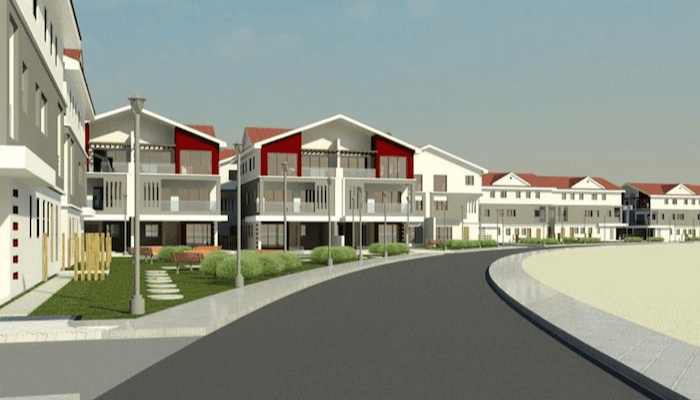By Michael Ojewu, Abuja
The National Bureau of Statistics (NBS) has called on the media to collaborate with the bureau, particularly in the areas of data production and reporting.
Prince Adeyemi Adeniran, Statistician-General of the Federation and Chief Executive Officer of the NBS made this known during a media sensitization session on the Nigerian Living Standards Survey (NLSS) 2022/23 and the rebasing of the Gross Domestic Product (GDP) and Consumer Prices Index (CPI), held at the NBS headquarters in Abuja on Thursday.
“As critical partners in the data production process, we want the media to become a strong voice and advocate for the work being done within the Bureau and the broader statistical system in the country. We expect your reporting to be accurate, objective, and sound, which will help build public confidence and trust in our work,” he said.
The Statistician-General pointed out that the NBS views engagement with the media as an essential aspect of the data production process, aligning with the United Nations fundamental principles of official statistics, particularly accountability and transparency.
“By fostering this collaboration, we enhance the credibility of the statistical system and build confidence in the NBS. This approach also promotes inclusivity, collaboration, and partnership throughout our data production processes,” he noted.
“On our part, we are committed to remaining objective, open, transparent, and professional in our work, as these qualities are the foundation of our role as the national statistical agency. Our door will always be open for clarity, input, and valuable suggestions aimed at enriching our work.”
NBS REBASES GDP, CPI, CONDUCTS NLSS SURVEY
Addressing the topics of GDP and CPI rebasing, as well as the NLSS, the Statistician-General explained that CPI rebasing involves updating the weight and price reference periods to better reflect current consumption patterns, while GDP rebasing entails replacing an outdated base year with a more recent one, which improves the accuracy of measuring economic growth.
Daybreak Nigeria reports that the GDP measures the total value of goods and services produced in a country while the CPI measures the average change in the prices paid by consumers for goods and services over a period of time.
Adeniran noted that periodic rebasing, conducted every five years, helps account for structural changes in the economy over time and offers a more accurate snapshot of its composition.
The Statistician-General also announced that the NBS conducted the Nigerian Living Standards Survey (NLSS) for 2022/23 to generate a national poverty headline rate and other essential indicators related to household welfare, consumption, and expenditure.
He noted that the NLSS is conducted every four to five years, with the last round completed in 2018/2019, which reported a poverty rate of 40.1 per cent. He stressed that data collection for the survey spans a year to capture seasonal variations in household consumption and expenditure.
“Households whose total consumption of both food and non-food falls below a certain threshold are classified as poor,” Adeniran stated.
